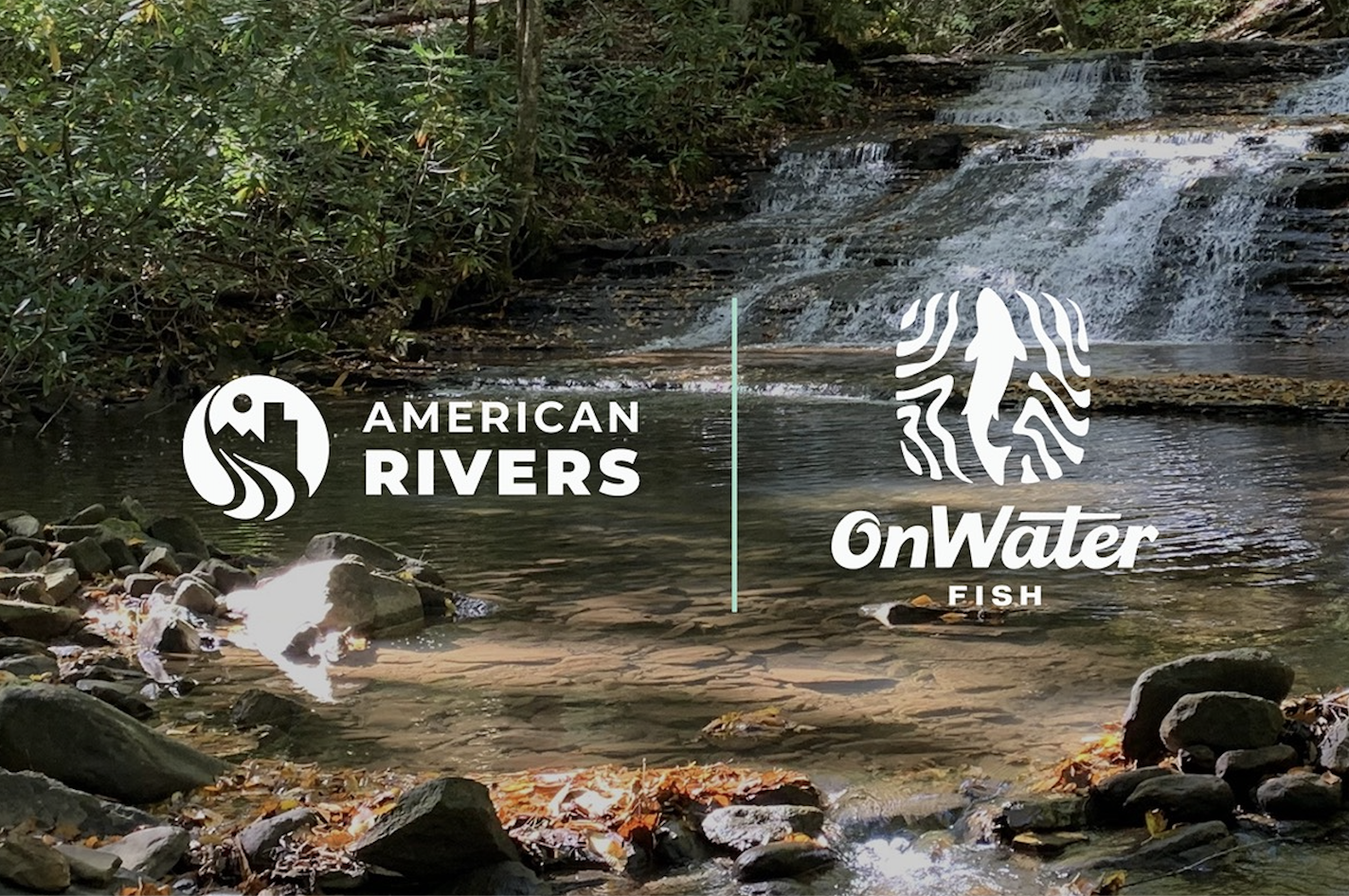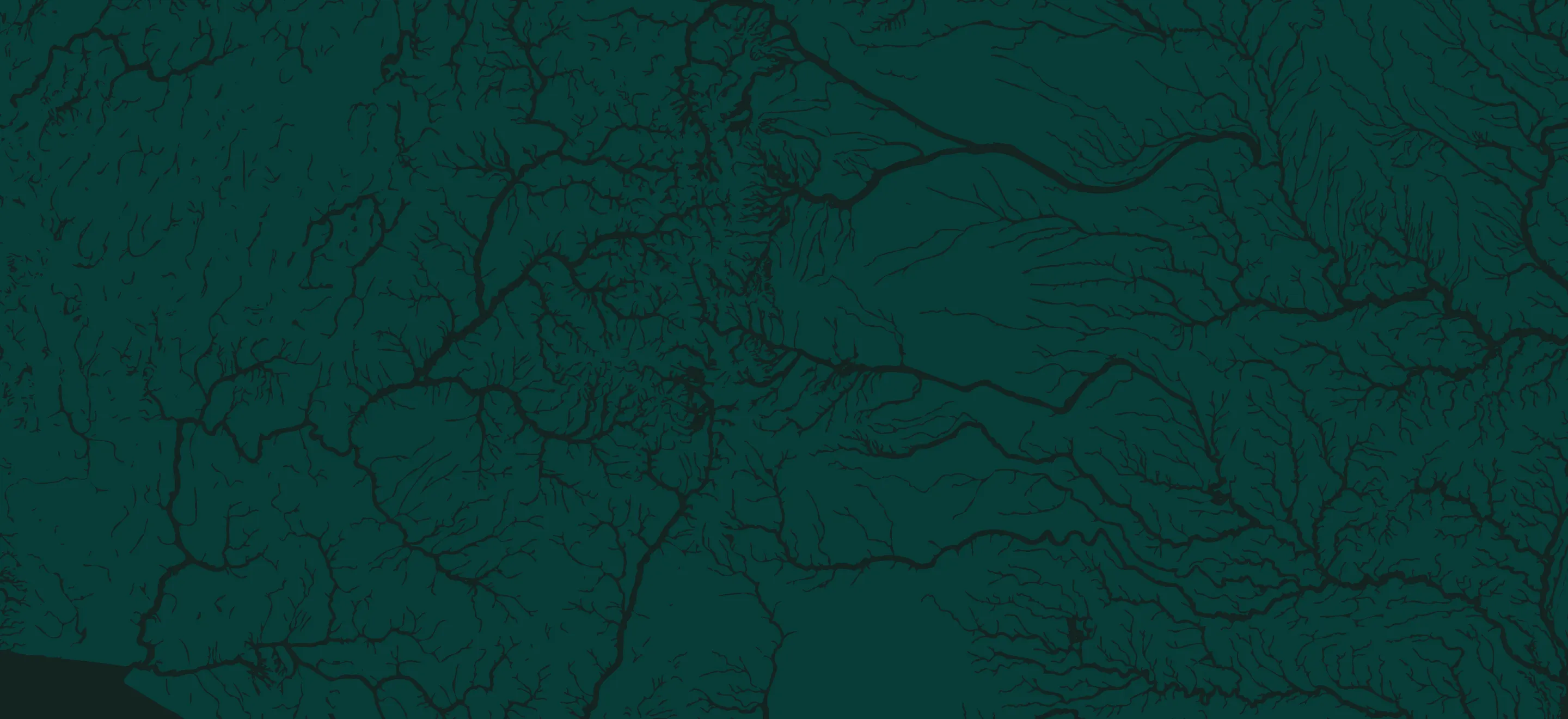Science on the Fly is dedicated to using citizen science and committed volunteers to help enhance and protect our fisheries. Started in 2019 as a project between Woodwell Climate Research Center and Fishpond, Science on the Fly engages the fly fishing community to serve as community scientists river data collection and observations. By having more volunteers in the field collecting data, they can increase the number of rivers that are subject to long-term studies of water-quality and watershed health, improve our understanding of how watersheds and river systems change over time due to climate change, as well as to help make an impact when creating or enforcing policies on our watersheds.
Meet Andrea "Andie" Norton, one of Science on the Fly's volunteers.
Andrea “Andie” Norton is an ecologist studying the world’s changing rivers. She examines patterns in temperature and nutrients to assess the response of watersheds to climate change, and to build a record of how river environments are changing that could help flag current threats, predict future changes and develop strategies for successful management.
So what does that really look like? And who’s the person behind the data? We caught up with Andie to learn a bit more about the human behind Science on the Fly’s data and reports.
Q: What does a “day in the lab” look like for you?
Andie Norton: I'm currently at my office at Woodwell Climate Research Center in Falmouth, Massachusetts. Along with Science on the Fly (SOTF), I work with two other Woodwell projects; Cape Cod Rivers Observatory and Arctic Great Rivers Observatory. I run the analytical chemistry on water samples for all of them. Water samples for each project need to be analyzed for dissolved organic carbon, total dissolved nitrogen, ammonia, nitrate, ortho-phosphate, silica, and in some cases total phosphorus. All of that just entails a bunch of lab upkeep and mixing chemicals and maintaining the machines.

Q: Can you talk a little bit more about your connection to rivers?
AN: I think they're just so peaceful and soothing, and I always say I feel like every incredibly beautiful site on earth that strikes me is freshwater related, and more often than not, it's a river or a stream that's involved. There's just something about being near them and I take any opportunity I can to get my feet in them or swim in them or be next to them and take a nap—whatever it is.

All photos from Science on the Fly.
The onWater app and Science on the Fly and their work as the app as a Conservation Observation Tool:
“The true measure of conservation lies not just in data, but in the felt experience of our connection to the natural world. Through mindful observation with the onWater Fish tool and embodied action, anglers can become the stewards our waters need,” says John L. Le Coq, Founder and CEO of Fishpond. onWater Fish and Science on the Fly (SOTF) have worked together to modernize how their 150+ community scientists collect data in the field. Rather than using their field books, the new Conservation Observation tool is a step forward to make the processes of community generated data collection more streamlined- for the angler and the scientists.
Discover onWater Fish's C.A.T.C.H Project today.
We are excited to announce the ambitious C.A.T.C.H Project (Community of Anglers Tracking for Conservation & Habitat), a groundbreaking initiative combining AI-powered tools like the first-ever and patented fish length estimation from a photo and community science to transform recreational fishing and fisheries management organizations’ approach to conservation and data acquisition efforts. onWater Fish is the first-ever recreational mobile mapping app to integrate a photo-based fish measurement tool alongside a suite of community science tools, empowering everyday anglers to make a real difference for our watersheds and coastal areas. For scientists it provides a mobile, real-time data collection tool, and for anglers, a private journal to document their experiences, helping them fish smarter and contribute valuable information for fisheries management.










